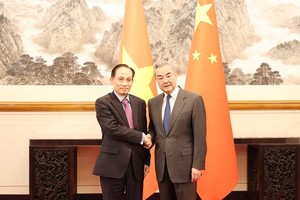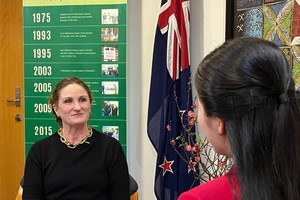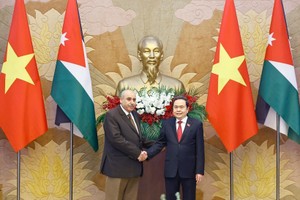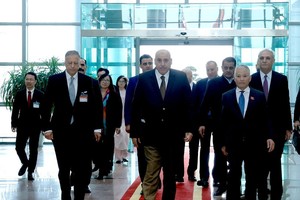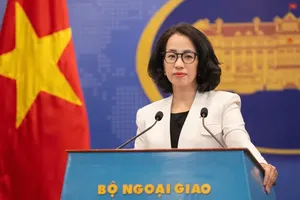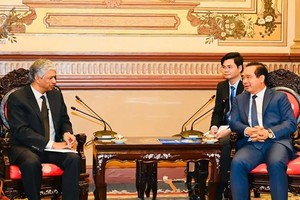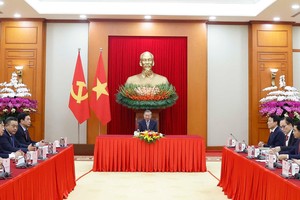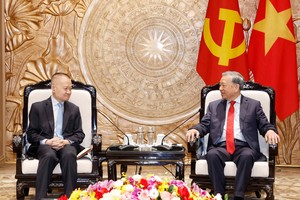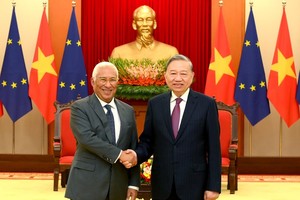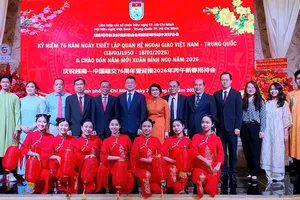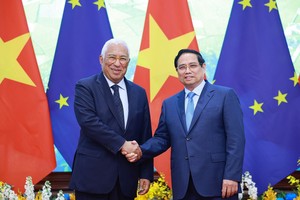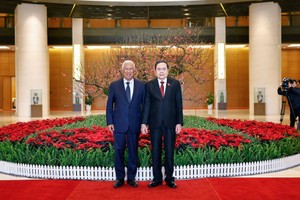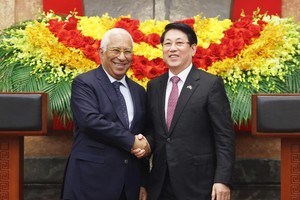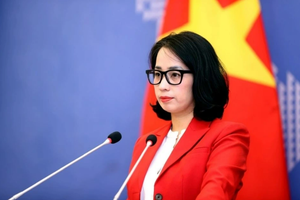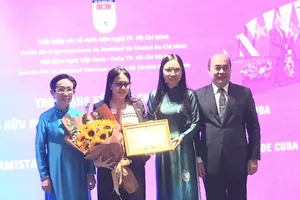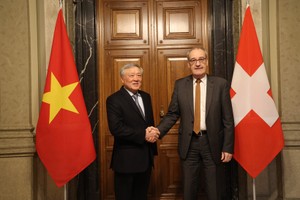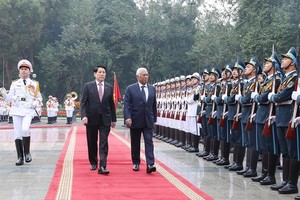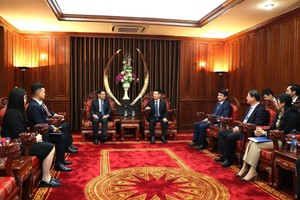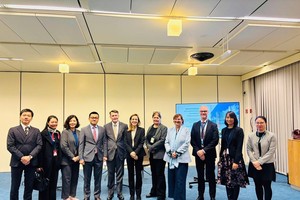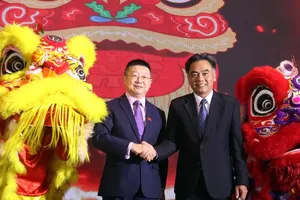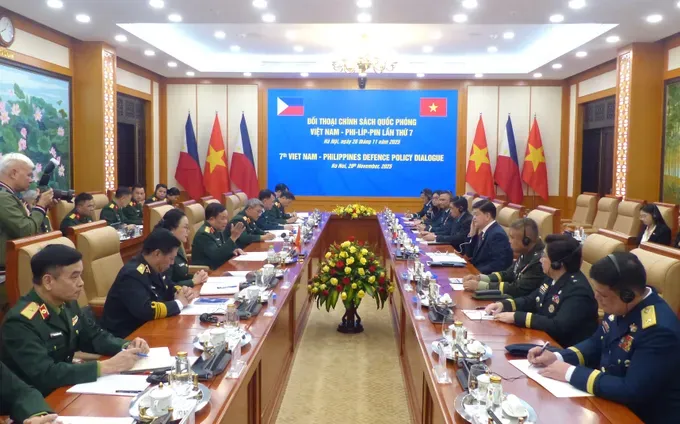
Deputy Minister of National Defence Sen. Lieut. Gen. Hoang Xuan Chien and Philippine Undersecretary of National Defence Irineo C. Espino co-chaired the seventh Vietnam–Philippines defense policy dialogue in Hanoi on November 26.
Sen. Lieut. Gen. Hoang Xuan Chien congratulated the Philippines on its upcoming 2026 ASEAN Chairmanship, praising the country’s chosen theme and expressing confidence that Manila would successfully fulfill its responsibilities, thereby bolstering ASEAN unity and centrality.
He also extended congratulations to the Armed Forces of the Philippines (AFP) ahead of its 90th anniversary (December 21) and conveyed sympathy to the Philippine Government, people, and army over human and material losses caused by recent earthquakes and storms. He believed that affected communities would soon settle down their lives on the back of the Government leadership and the AFP’s active support.
Reviewing progress since the previous dialogue in July 2024, Mr. Hoang Xuan Chien welcomed the report of the 8th Joint Working Group on defense cooperation and highlighted substantive, comprehensive progress between the two defense ministries.
Notable achievements included more frequent high-level visits, effective dialogue mechanisms, expanded training courses, defense industry and military medicine cooperation, and increased engagement among navies, air forces, and coast guards. The two sides also supported each other at multilateral forums and conducted naval and coast guard port visits to mark the 10th anniversary of their Strategic Partnership. They additionally coordinated humanitarian assistance following the October 2025 earthquake in the Philippines.
He praised the Philippines for its valuable contributions to the ASEAN Defence Ministers’ Meeting (ADMM) and ADMM-Plus through practical initiatives and reaffirmed Vietnam’s dedication to actively and responsibly participating in its joint efforts to promote peace and stability in the region.
Vietnam stands ready to work with the Philippines and other countries to address regional differences in line with international law, ASEAN principles, and legitimate interests of all relevant parties, he said.
Looking ahead to the 50th anniversary of diplomatic ties next year, he proposed intensifying trust-based, comprehensive, and substantive cooperation through more exchanges of all-level delegations, effective utilization of existing mechanisms, and greater interaction among naval, air, and coast guard units.
The Vietnamese official called for regular communication to handle maritime incidents promptly and humanely, continued personnel training, and potential expansion into areas of mutual strength and demand, such as the defense industry, logistics, military medicine, maritime security, search and rescue, and cybersecurity. He also called for active consultations and mutual support within ASEAN national defense-security frameworks.
On the occasion, he invited Philippine defense leaders and defense industry enterprises to attend the third Vietnam International Defence Expo in late 2026.
Espino, for his part, expressed condolences to Vietnam on human and property losses caused by recent natural disasters.
He noted that 2025 marks a decade of bilateral strategic partnership, with robust cooperation across multiple domains, including national defense, with dialogue as key to reaffirming a shared vision for regional peace, security, and development. He also voiced hope for even stronger defense ties as they approach the 50-year milestone in diplomatic ties.
On global and regional issues of shared concern, they shared the same view on ASEAN’s key role in shaping and sustaining the regional security architecture while fostering substantive cooperation among ASEAN member states, as well as between ASEAN and its partners.
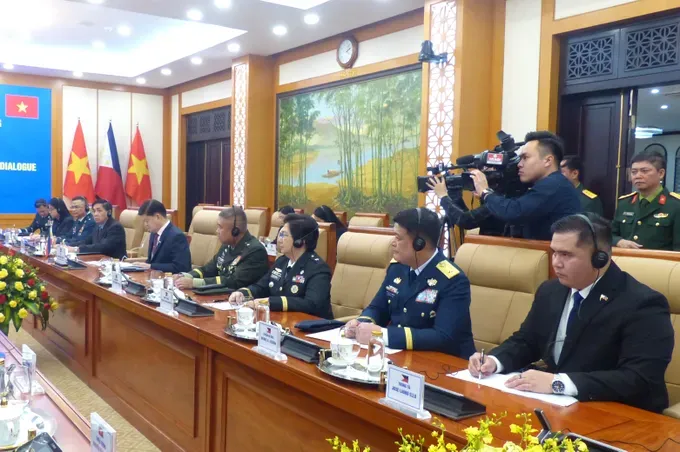
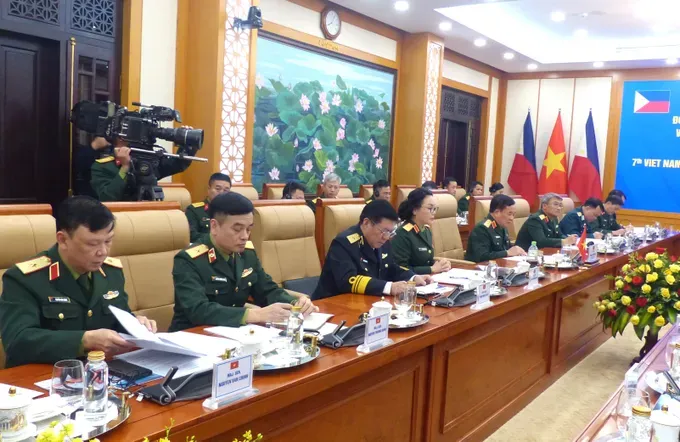
Turning to the East Sea issue, Vietnam and the Philippines reaffirmed their shared strategic interest in maintaining peace, security, and safety of navigation and overflight. They would jointly advance ASEAN’s stance on settling differences by peaceful means, in accordance with international law, especially the 1982 UN Convention on the Law of the Sea (UNCLOS). The plan is also to effectively follow the Declaration on the Conduct of Parties in the East Sea (DOC) and soon reach a legally binding Code of Conduct in the East Sea (COC).
The dialogue concluded with the signing of its minutes and a Terms of Reference to increase cooperation in military medicine.
